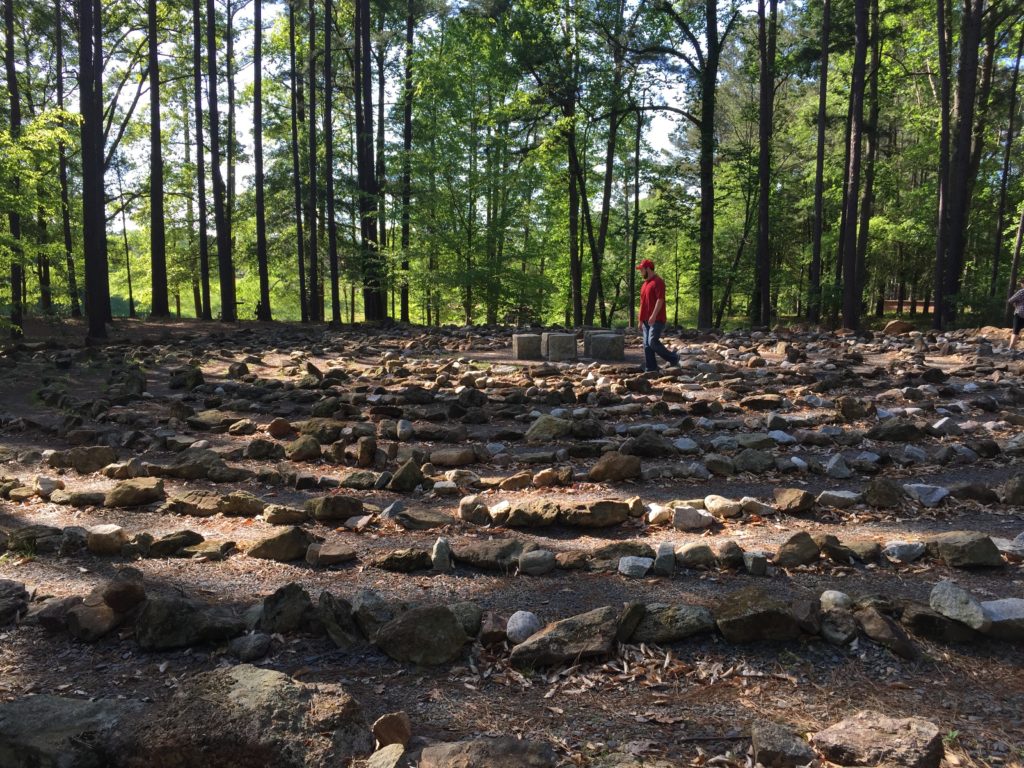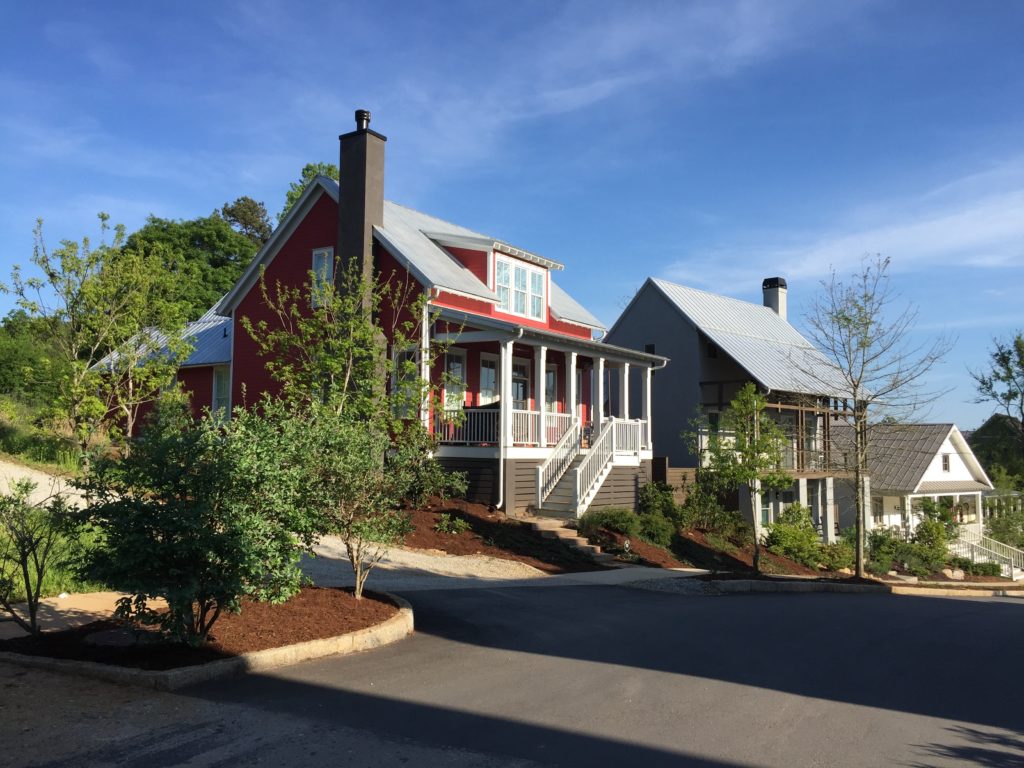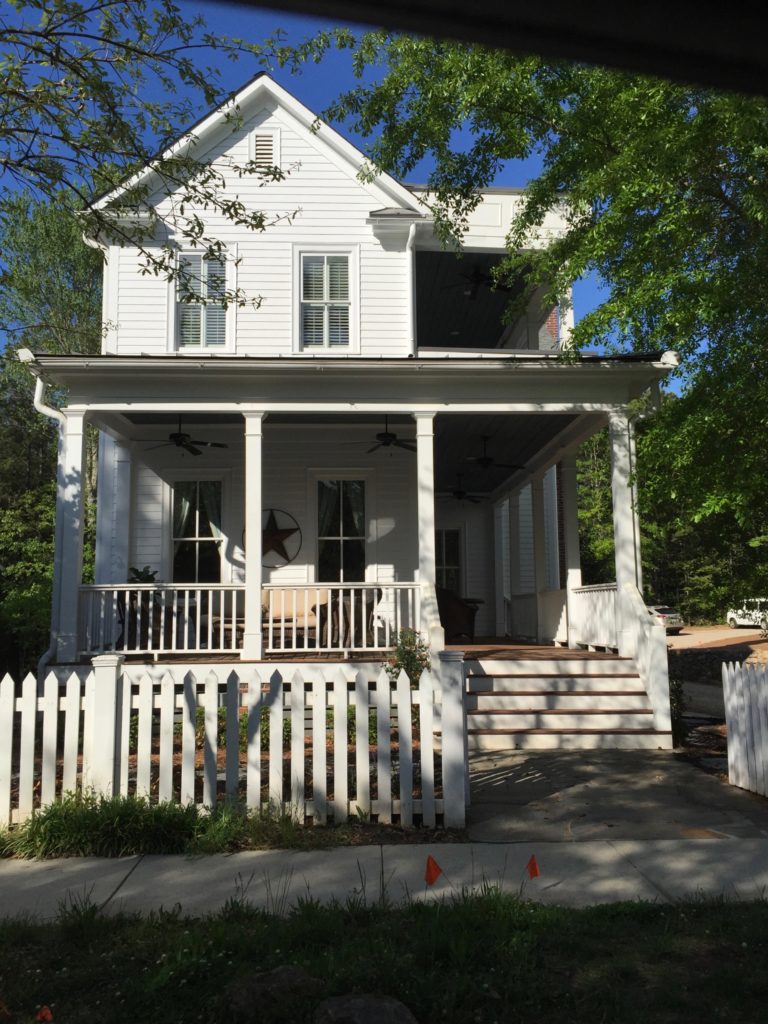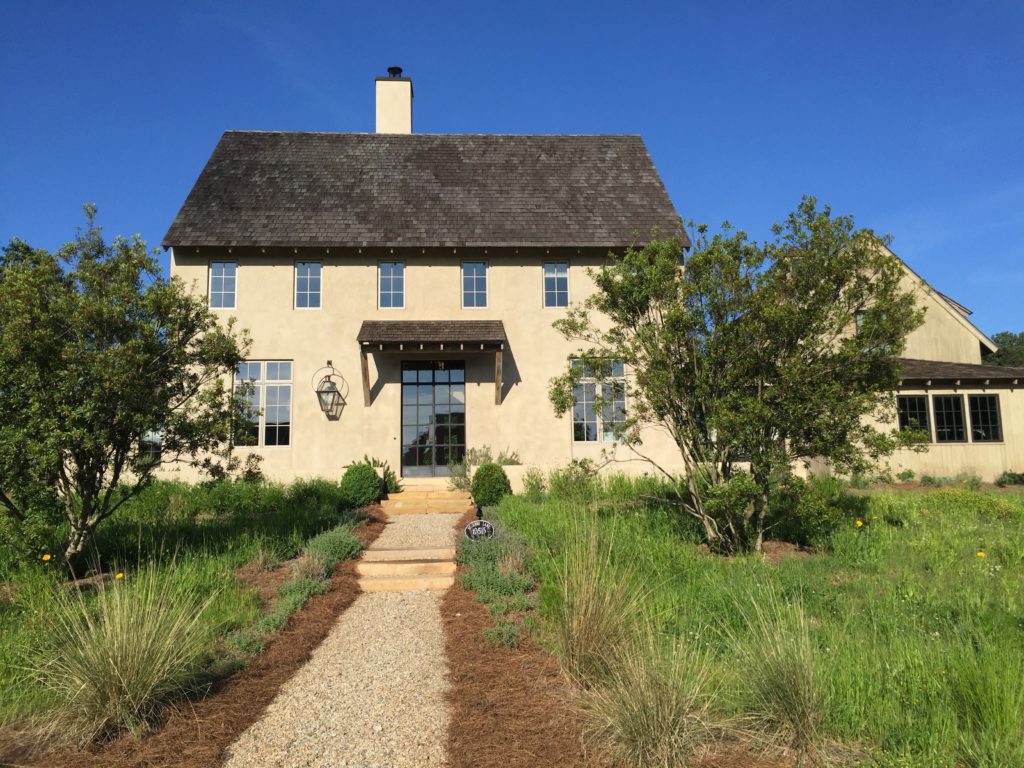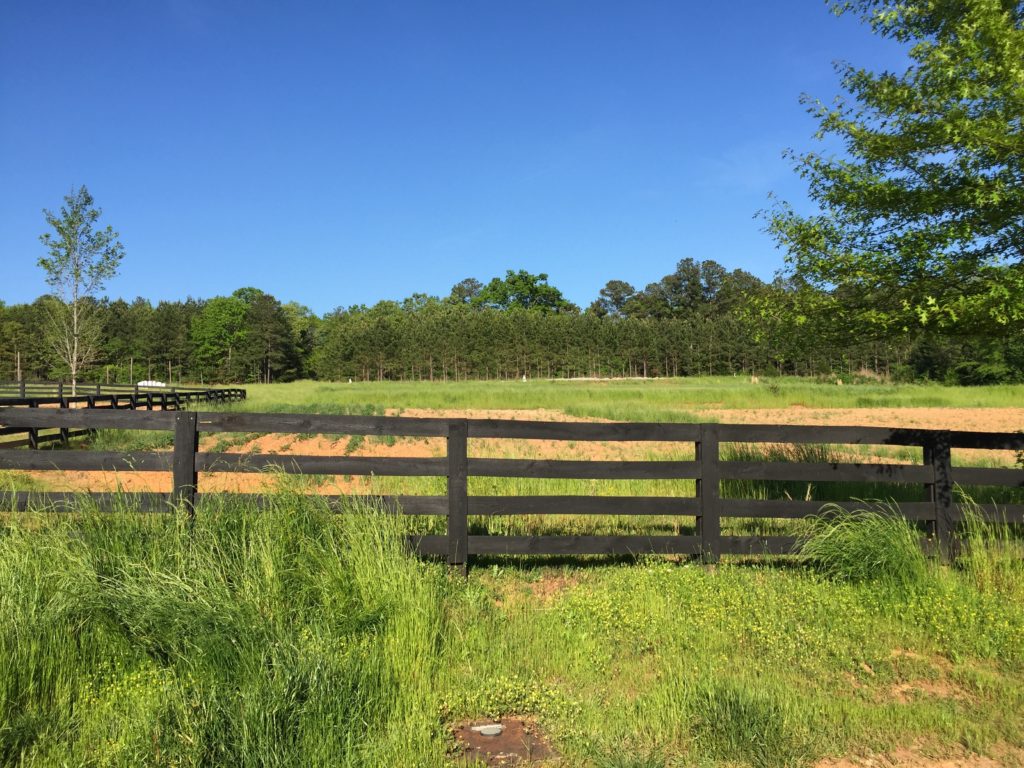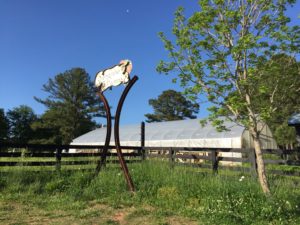 I wasn’t quite sure what I’d find when I set out on a tour of three “agrihoods” this summer. For those who haven’t heard of this concept, an agrihood is basically a new-home community that includes agriculture. ‘Hoods may grow everything from tomatoes, to string beans, to corn, typically with the help of professional farmers. Residents can often tend their own plot.
I wasn’t quite sure what I’d find when I set out on a tour of three “agrihoods” this summer. For those who haven’t heard of this concept, an agrihood is basically a new-home community that includes agriculture. ‘Hoods may grow everything from tomatoes, to string beans, to corn, typically with the help of professional farmers. Residents can often tend their own plot.
Two years spent editing a website for farmers certainly influenced my expectations. Part of that experience was going annual week-long crop tour where you trudged through sometimes soggy fields of corn and soybeans, picking random ears and pods and calculating potential yields. The tour took me to the biggest farms in the Midwest, some with tens of thousands of planted acres.
The “farms” in the agrihoods I visited — at Serenbe southwest of Atlanta, Hampsted in Montgomery, Alabama, and Harvest Green Southeast of Houston — were nothing like the farms on the crop tour. They were small fields, some less than acre, with a wide variety of crops. I had hoped to see residents plowing the fields in automated tractors (maybe even fighting over the chance to do so), children tending the fields after school, and acre upon acre of corn stalks swaying in the breeze. There was none of that.
Serenbe was the first stop on the tour. I have to admit a fondness for this far-left community on the fringe of Atlanta; I once planned to build a show home there, in the early in the history of the community. We were going to call it the Chi House. The idea was to channel the spiritual energy of the place into a home design. The architect planned the draw the home in one fell swoop, his pencil never leaving paper.
Steve and Marie Nygren put the team up their guest houses. We had dinner in their home, which is now the Serenbe Inn. As Marie cooked a succulent dinner — her mother ran Mary Mac’s Tea Room in Atlanta — Steve told the story of how he saved most of the land at Serenbe from commercial development. He later hired a shaman to walk the land and suggest the best places to build homes. For a ground-breaking event in 2004, friends and family built a labyrinth in the woods that hasn’t changed much in 13 years.
Serenbe, home to about 500 residents clustered in hamlets spread among a thousand acres, was way ahead of the agrihood crowd. An 8-acre organic farm, thoughtfully integrated into one of the four villages, is set back a block from the street. In the beginning, Nygren wasn’t sure that the land, which had been used exclusively to plant cotton before he bought it, would have enough nutrients to support diversified agriculture.
The farm is now run by a couple of professionals, Justin Dansby and Paige Witherington, with help from resident volunteers on Wednesday and Thursday mornings and apprentices who receive an $800 monthly stipend and free room and board. (Eighty-five percent of the apprentices have gone on to become farmers.) Like many small farms that serve agrihoods, Serenbe Farm grows virtually everything from A (arugula) to Z (zucchini). The farm grows more than 50 types of vegetables, fruits, and herbs, including shitake mushrooms and blackberries. It also has 50 laying hens.
Residents, and people in neighboring communities, can sign up for what’s called a community-supported agriculture (CSA) program. For $20 to $30 per week, they receive a weekly supply of fresh seasonal fruits and vegetables. Seems like a small price to pay for vegetables grown for flavor, not shelf life, in balanced soil. The seasonal produce — roughly 5 to 10 servings — comes with menu suggestions. That’s helpful if you don’t know what to with spring chard or fall turnips.
Every Saturday Serenbe Farm sets up a booth alongside other local and sustainable growers, artisans, and craftsmen at the community’s farmer’s market. The market takes place in a small swath of green space set back into the woods, a more appropriate setting than a suburban parking lot. Children can tackle each other in the grass or play with dogs while you shop for tomatoes and blueberries and listen to live music. You may not need to buy blueberries since they are part of the community’s edible landscape. You can find them along the neighborhood’s 15 miles of trails.
The farm is intricately woven into the fabric of the community. Dansby and Witherington use compost from the community as fertilizer. They supply fruits, vegetables, and eggs to Serenbe’s three restaurants, including The Inn, a fine dining establishment. The farmers run one-hour tours on weekends that focus on operations. They rotate the crops to keep nutrients in the ground and hold down the spread of pests and plant disease. They plant cover crops when land isn’t in use to keep it from eroding. They save seeds from some plants. And they try to keep their purchases to a minimum, recycling and reusing as much as possible.

The farm is part of one of the most inspired rosters of community amenities anywhere. A playhouse produces year-round theatrical performances. Rotating resident scholars and artists give workshops, presentations, and seminars. Residents can take yoga, mindfulness, and cooking classes. Serenbe hosted the first Biophilic Leadership Summit to discuss connections between humans and nature. Nygren has kept 70 percent of the land undeveloped. Many homes back on woods rather than yards.
Agrihoods can’t be judged for their agriculture alone. Yes, agriculture needs to be woven into the community fabric. But to be truly nourishing places, they need to be spiritually enriching, aesthetically pleasing places to live. Serenbe has a wonderfully eclectic architectural palette. You can find modern versions of narrow, deep shotgun-style homes for fitst-time buyers; contemporary, Scandinavian-inspired custom homes for families; and modern farmhouses for empty nesters. There’s something for people of all means and lifestages, including the elderly. Commercial centers are within an easy walk of each hamlet.
The bottom line? Serenbe is a unique, satisfying blend of agriculture, architecture, and community, even if it is pretty far out of town. Development may be slow, but prices aren’t out of line with what you’d pay to live in a highly amenitized community elsewhere in Atlanta. Most important, Serenbe Farm isn’t a tacked-on operation. It gets four peaches out of five on the nourishing places scale.
